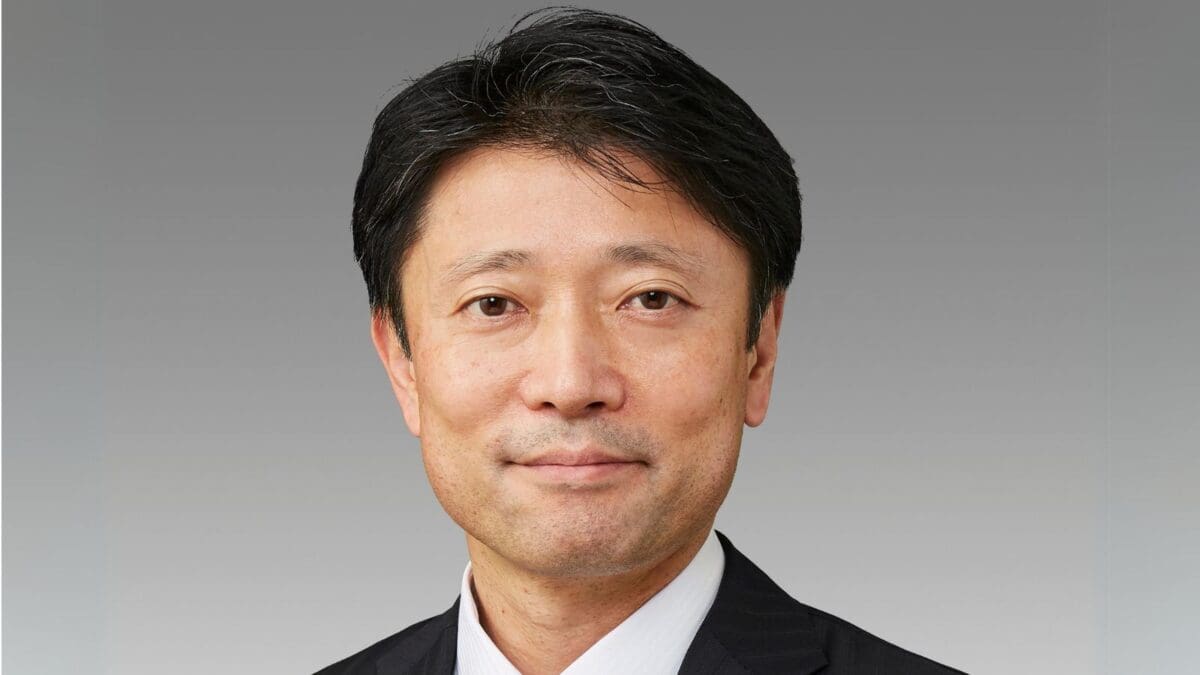The many sides of the Japanese equities debate
Shareholder-friendly corporate governance reform and higher inflation are driving renewed interest in Japanese equities, which have languished at or below benchmark weight in institutional portfolios – when they’re included at all – since the end of the asset price bubble in the 90s.
Around 80 per cent of investors snap surveyed by Nomura view Japanese equities positively – but another 20 per cent remain unsure about investing in the country, even as big investors like the Future Fund throw their weight behind the asset class.
“They’re still very sceptical about the sustainability of these corporate governance changes,” Yuichi Murao, Nomura head of investment for Japanese equities, tells ISN. “Some people may think that it’s a phenomenon supported by the weak currency…The local return is good, but for the global investor denominated in USD, they weren’t able to see the outperformance of Japanese stocks and enjoyed a similar return from the S&P500. They probably want to see a unique driver that differentiates the return from that of other markets.”
That could be domestic economic growth, higher private consumption, higher capex or more direct investment from foreign companies.
“This discussion over the last two years has had many opinions, and one of them is that you don’t need to invest in Japan to find a company that can benefit from global economic growth,” Murao says. “They can buy US equities or Asian equities. If they’re going to invest in Japanese equities, they want to see benefits from domestic economic growth.”
But growth there is “very, very modest” and last year was a disappointment with real spending weak. Capex will be the real driver, Murao says, mainly because of the cheapness of investing in Japan.
“Everything is cheap in Japan; not only the souvenirs tourists buy when they visit, but the properties, hotels; everything, everything is cheap in Japan.”
But onshoring and “friend-shoring” of supply chains has also seen huge factory construction projects in some parts of the country, with commensurate increases in GDP. TSMC recently completed a new semiconductor plant in Kumamoto, which is now operational, while Samsung and Micron have also built R&D and production centres in the country.
But while the Tokyo Stock Exchange can claim some responsibility for the renewed interest in Japanese equities – it put listed companies on notice to improve their price to book value and capital efficiency – not every investor is a convert, and some wonder whether the uplift in governance can be sustained. Changing ownership demographics go some of the way to providing an answer.
“Roughly 40 per cent of their shares are now held by foreign investors and investment trusts; meanwhile, the businesses and financial institutions hold similar amounts… the typical cross-shareholders have a declining share,” Murao says. “But foreign investors care about the performance of the business and the return on equity, dividend payments and such. The tailwinds are on their side.”
“That’s the real pressure for the corporations; CEOs and management might get out of their position if they aren’t able to achieve the promised change for their investors.”










